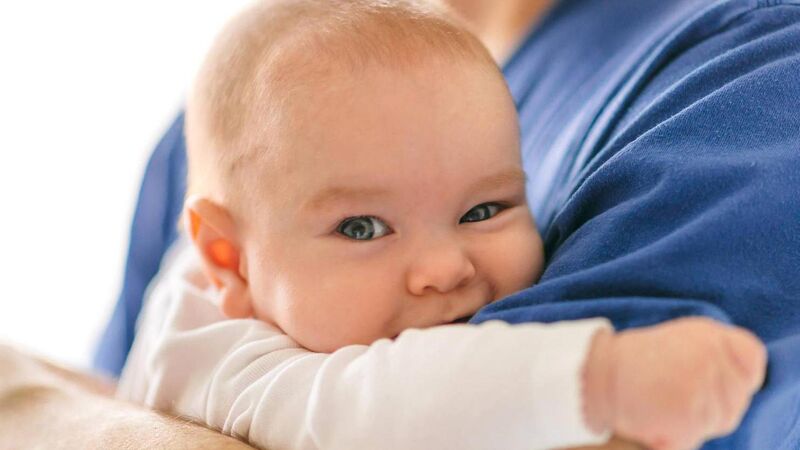Mothers of twins much more likely to have had fertility treatment than those who had single babies

While 21.9% of mothers of twins reported getting fertility treatment, this dropped to 3.2% for mothers who gave birth to one baby.
Parents of infant twins dress them in matching outfits, report higher levels of having undergone fertility treatment, and had more concerns over their children’s development than parents of single babies, a new study has found.
The Central Statistics Office published a new paper on Friday on twins that took part in the Growing Up in Ireland survey 2008, with participants back then now on the cusp of adulthood.













